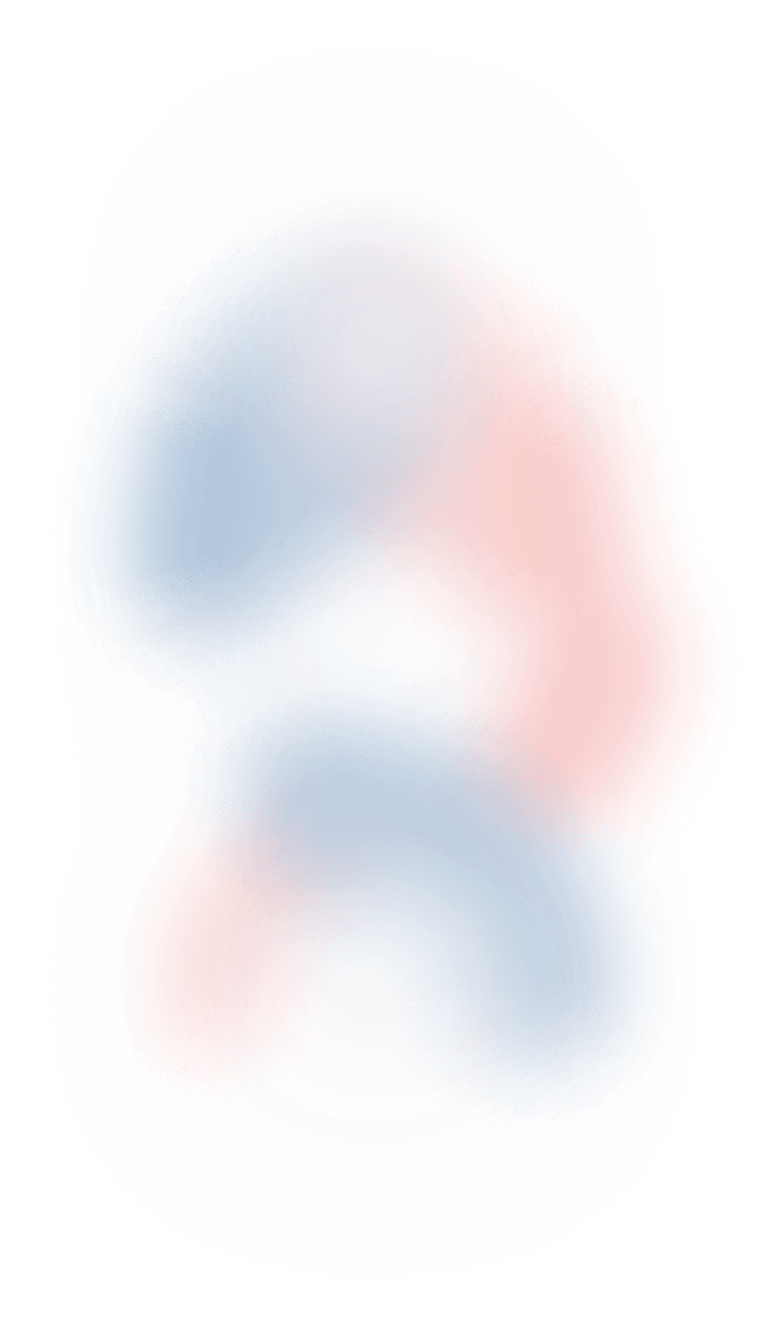Georgia cannabis law
| Medical patients | 20 fluid ounces of low-THC oil |
| Recreational users | Illegal |
| Medical patients | $3.50 per gram of marijuana Controlled Substances Tax |
| Recreational users | Not applicable |



Do I qualify?


Concise guide to Georgia medical marijuana laws
Patients may obtain ingestible and topical extraction-based formulations. Botanical cannabis and inhalation products are not dispensed.
- AIDS
- Alzheimer’s disease
- Amyotrophic Lateral Sclerosis
- Autism
- Cancer
- Crohn’s disease
- Epidermolysis bullosa
- Hospice care patients
- Intractable Pain
- Mitochondrial disease
- Multiple sclerosis
- Parkinson’s disease
- Post-traumatic stress syndrome
- Severe or end stage peripheral neuropathy
- Seizure disorder
- Sickle cell disease
- Tourette’s syndrome
20 ounces of infused cannabis oils containing not more than 5 percent THC and an amount of CBD equal to or greater than the amount of THC “if such substance is in a pharmaceutical container labeled by the manufacturer indicating the percentage of tetrahydrocannabinol.”
No
Yes
No
14,000
Source: WXIA
Yes. Senate Bill 16, signed into law in May 2017, states that Georgia law exempts any person who has “in his or her possession a registration card issued by another state that allows the same possession of low THC oil as provided by this state’s law.”
Detailed overview of Georgia’s medical marijuana regulations
Purchase and possession limits for medical cannabis patients in Georgia
Under Georgia’s Low THC Oil Registry program, medical marijuana patients or their caregiver can only purchase and possess up to 20 fluid ounces of low THC oil. According to the rules and regulations of the State of Georgia, low THC oil is an oil that contains no more than 5 percent of tetrahydrocannabinol (THC) by weight. The amount of cannabinol must be equal to or greater than the amount of THC.
The law in Georgia only authorizes the legal possession of low THC oil by the patients listed on the registry with an active card. This does not make the sale or possession of all types of marijuana legal in Georgia. In 2021, an amendment to Georgia’s Hope Act permitted the use of tinctures, lotions, transdermal patches and capsules. However, marijuana edibles are still prohibited.
Possession of marijuana in any form without a valid low THC oil card is punishable with 12 months in jail and $1,000 fine in Georgia. Patients are not permitted to sell or distribute the low THC oil that they have purchased with their medical card.
Note: As of 2025, Georgia lawmakers are considering an expansion of the program that would allow additional product forms, including certain inhalable low-THC options—though raw cannabis would remain prohibited. This update is still pending legislative approval.
Cannabis cultivation in Georgia: Laws for patients and businesses
Personal cultivation
Georgia does not allow home cultivation of marijuana. Patients and caregivers are not allowed to grow marijuana at home for their medical purposes. The Hope Act only permits licensed marijuana growers.
If you are found with cannabis seeds, grow lighting systems, or marijuana plants, you will be charged. That’s because the law also makes it illegal to possess certain plants or other organic materials that can be used to cultivate marijuana.
The penalty for illegal marijuana cultivation (no more than 10 pounds) in Georgia is a minimum of one and a maximum of ten years imprisonment. Marijuana cultivation between 10 and 2000 pounds is punishable by up to 30 years in prison and a fine of $100,000.
Commercial cultivation
The commercial cultivation license in Georgia is provided in two classes, and allows a business to grow cannabis and manufacture low THC oil. To receive the license, you need to pay the application and license fee .
- Class 1 Production License: This allows businesses to grow cannabis in indoor facilities on up to 100,000 square feet of cultivation space. It also permits the manufacturing of low THC oil. The application fee is $25,000 while the license fee is $200,000.
- Class 2 Production License: This only permits indoor facilities and up to 50,000 square feet of cultivation space. It also allows the manufacturing of low THC oil. The application fee is $5,000 while the license fee is $100,000.
The license is valid for one year and the renewal fee is $50,000 for the Class 2 Production License and $100,000 for the Class 1 Production License. To qualify for a production license in Georgia, one must be a Georgia corporation or entity, and maintain a bank account with a bank located in Georgia.
Primary caregiver responsibilities and considerations in Georgia
In Georgia, medical cannabis patients who are minors or unable to visit dispensaries can designate a caregiver to assist with obtaining and administering low THC oil. Caregivers are legally permitted to purchase, possess, and manage low THC oil on behalf of their patients.
To serve as a caregiver, the individual must be a Georgia resident and either a legal guardian or custodian of the patient. Minors under 18 cannot apply for a card themselves, but their parent or legal guardian may do so as their caregiver. The caregiver application follows the same process as for adult patients and must be submitted alongside the patient’s application.
Patients may appoint up to two caregivers. Caregivers can assist multiple patients, provided they are able to manage the responsibilities involved. Each patient-caregiver relationship requires a separate registry card.
Physicians must include the caregiver’s information when submitting a registry application. Once approved, caregiver cards can be picked up at designated Georgia public health offices.
The main responsibility of a caregiver is to ensure that the patient is using low THC oil responsibly. The caregiver is in charge of purchasing and managing the low THC oil for responsible use. It’s important to stay updated with the latest rules from Georgia to protect your patients.
Keep your patient’s documents safe and up to date, even when assisting a minor. Also, caregivers are meant to respect the confidentiality of private medical information and avoid selling or consuming the low THC oil for patients.
Medical cannabis for veterans in Georgia
Veterans in Georgia living with physical or mental health conditions may qualify for a Low THC Oil Registry card. Like all other patients, veterans must meet one of Georgia’s approved qualifying conditions to be eligible. However, many veterans are still excluded due to the limited list of conditions currently recognized by the state.
This has led to growing advocacy among Georgia’s veteran community. With over 600,000 veterans residing in the state – and more than 30% living with a disability – many are pushing for expanded access to medical cannabis, especially to include conditions like anxiety and depression, which are not yet covered.
It’s important for veterans to be aware of federal restrictions: marijuana remains a Schedule One controlled substance under federal law. As a result, the Department of Veterans Affairs does not permit cannabis use on VA grounds, and VA doctors cannot provide the necessary certification or waiver forms for Georgia’s registry.
At Dr. Weedy, we fully support veterans in Georgia who require a medical marijuana card for different qualifying conditions. We provide exclusive discounts to veterans who have applied for the low THC oil registry card, giving them affordable care. Click here to find out more about our veteran’s discount program.
Access to marijuana treatment for people with disabilities in Georgia
Medical marijuana patients with a disability in Georgia can access low THC oil through their caregivers. The appointed caregiver can help the patient purchase, transport, possess and responsibly use medical marijuana.
Thanks to updated federal guidelines accepted by the Georgia Composite Medical Board, telemedicine evaluations for medical cannabis are permitted through December 31, 2025. This means patients with disabilities can complete their certification process from home with a Georgia-licensed physician.
At Dr. Weedy, we simplify access to care by offering a 100% remote certification process – allowing patients to connect with physicians virtually and complete their registration without having to travel. Once approved, a caregiver can help manage the patient’s treatment and pick up or receive the registry card by mail.
Medical marijuana reciprocity and access for non-residents in Georgia
A reciprocity program occurs when a state allows individuals from other states to buy medical marijuana with their medical card.
Georgia permits limited medical cannabis reciprocity for out-of-state patients. Under Senate Bill 16, individuals visiting Georgia who possess a valid medical marijuana registration card from another state may legally possess up to 20 fluid ounces of low-THC oil, provided they have been in Georgia for less than45 days. The low-THC oil must be in a pharmaceutical container labeled by the manufacturer indicating the percentage of tetrahydrocannabinol (THC) therein.
It’s important to note that this provision does not authorize out-of-state patients to purchase low-THC oil from Georgia dispensaries. The law solely allows for the possession of qualifying low-THC oil within the specified timeframe.
Additionally, Georgia does not offer reciprocity for its own medical cannabis patients in other states; therefore, Georgia-issued low-THC oil registry cards are not recognized outside the state.
Diagnosis and medical cannabis treatment for PTSD, Chronic Pain and ASD in Georgia
Patients in Georgia might be wondering whether they can receive a low THC oil registry card if they have been diagnosed with conditions like PTSD, chronic pain and autism spectrum disorder. The Georgia Low THC Oil Registry lists post-traumatic stress disorder, autism spectrum disorder, and intractable pain as part of its qualifying medical conditions.
- PTSD: Post Traumatic Stress Disorder is a mental condition that occurs after a patient experiences or witnesses a traumatic event and is unable to recover. In Georgia, patients diagnosed with PTSD can receive low THC oil, but this is only for those that are 18 years old and above. It’s essential to visit a physician in Georgia on whether you will need low THC oil for your PTSD symptoms.
- Chronic Pain: Intractable pain caused by a medical condition or disease is also a qualifying condition. Patients that are experiencing pain in Georgia can make use of low THC oil. Consider consulting with a physician to determine whether low THC oil will be effective for you.
- Autism Spectrum Disorder: ASD is also recognized on the list of qualifying conditions, but only for patients aged 18 years or older. If a minor is seen to have severe autism by a physician, they can also qualify for low THC oil.
Employment protections for medical cannabis low-THC oil patients in Georgia
The laws governing low THC oil in Georgia have limited employment protection. Employers in Georgia are not required to permit or accommodate the use of consumption, possession or transfer of low THC oil. The law does not also limit an employer from having a zero-tolerance policy that prohibits the on- or off-duty use of marijuana.
Employers are free to prohibit employees from having a detectable quantity of marijuana in their system. A Georgia employer can test employees for drugs and then terminate them if they don’t pass the test. Having a valid low THC oil card does not protect employees from termination, as long as they test positive for THC.
























